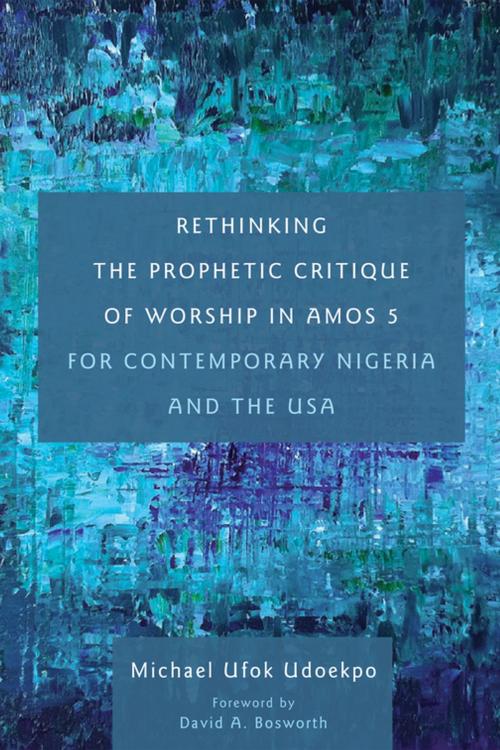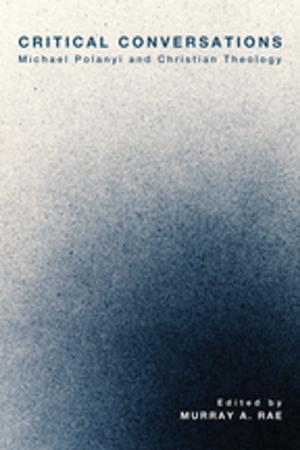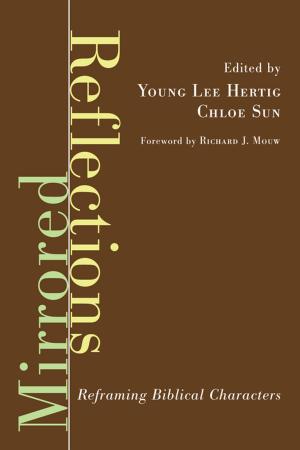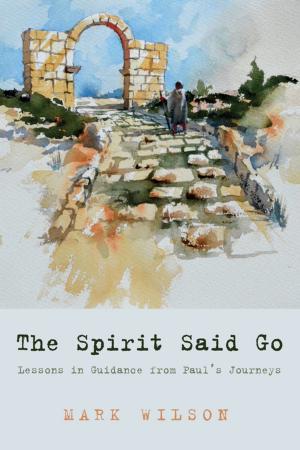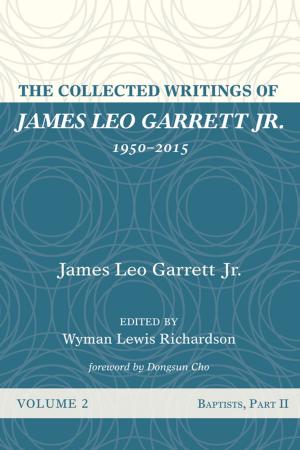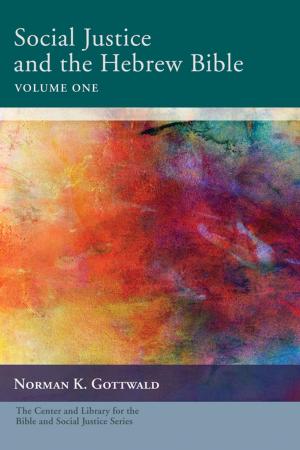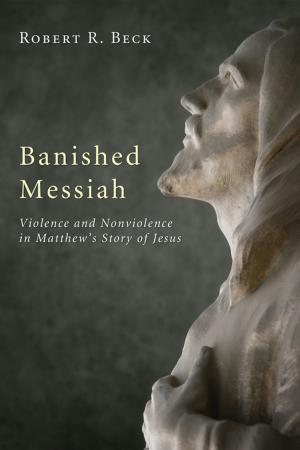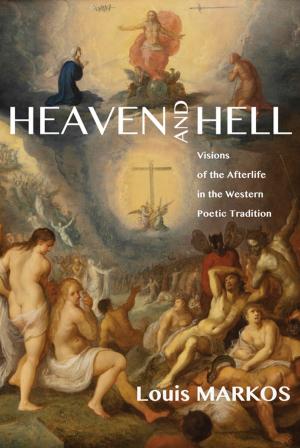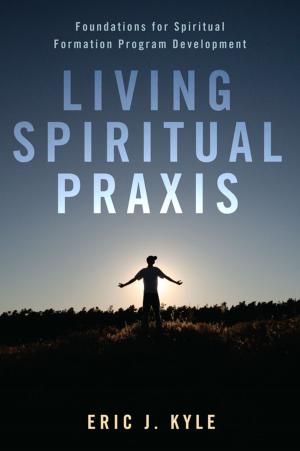Rethinking the Prophetic Critique of Worship in Amos 5 for Contemporary Nigeria and the USA
Nonfiction, Religion & Spirituality| Author: | Michael Ufok Udoekpo | ISBN: | 9781498297318 |
| Publisher: | Wipf and Stock Publishers | Publication: | December 14, 2016 |
| Imprint: | Pickwick Publications | Language: | English |
| Author: | Michael Ufok Udoekpo |
| ISBN: | 9781498297318 |
| Publisher: | Wipf and Stock Publishers |
| Publication: | December 14, 2016 |
| Imprint: | Pickwick Publications |
| Language: | English |
Father Udoekpo's work offers a thorough review of the theology of worship in the work of Amos of Tekoa, one of Israel's foundational prophets. It critically examines Amos 5 in its socio-historical and literary context and theologically reevaluates the application of Amos's message of ethical worship, judgment, and hope to two contemporary cultures: Nigeria and the United States of America. While intentionally down to earth and engaging in society and religion, this work discusses in a thoughtful and detailed exegetical manner the various sub-units of lamentation (vv. 1-3), the motifs of the remnant, the exhortation to the seek the Lord, justice and righteousness (vv. 4-6; 14-15, 24), judgment, and the notion of the Day of the Lord (vv. 18-20) as they relate to the theology of worship (vv. 21-27) in Amos 5. The author pastorally draws the reader's attention to Amos' view that worship must not be restricted to hypocritical offerings, empty rituals, and songs at sanctuaries, but needs to incorporate ethics of justice, peace, and righteousness practiced in marketplaces and plazas.
Father Udoekpo's work offers a thorough review of the theology of worship in the work of Amos of Tekoa, one of Israel's foundational prophets. It critically examines Amos 5 in its socio-historical and literary context and theologically reevaluates the application of Amos's message of ethical worship, judgment, and hope to two contemporary cultures: Nigeria and the United States of America. While intentionally down to earth and engaging in society and religion, this work discusses in a thoughtful and detailed exegetical manner the various sub-units of lamentation (vv. 1-3), the motifs of the remnant, the exhortation to the seek the Lord, justice and righteousness (vv. 4-6; 14-15, 24), judgment, and the notion of the Day of the Lord (vv. 18-20) as they relate to the theology of worship (vv. 21-27) in Amos 5. The author pastorally draws the reader's attention to Amos' view that worship must not be restricted to hypocritical offerings, empty rituals, and songs at sanctuaries, but needs to incorporate ethics of justice, peace, and righteousness practiced in marketplaces and plazas.
